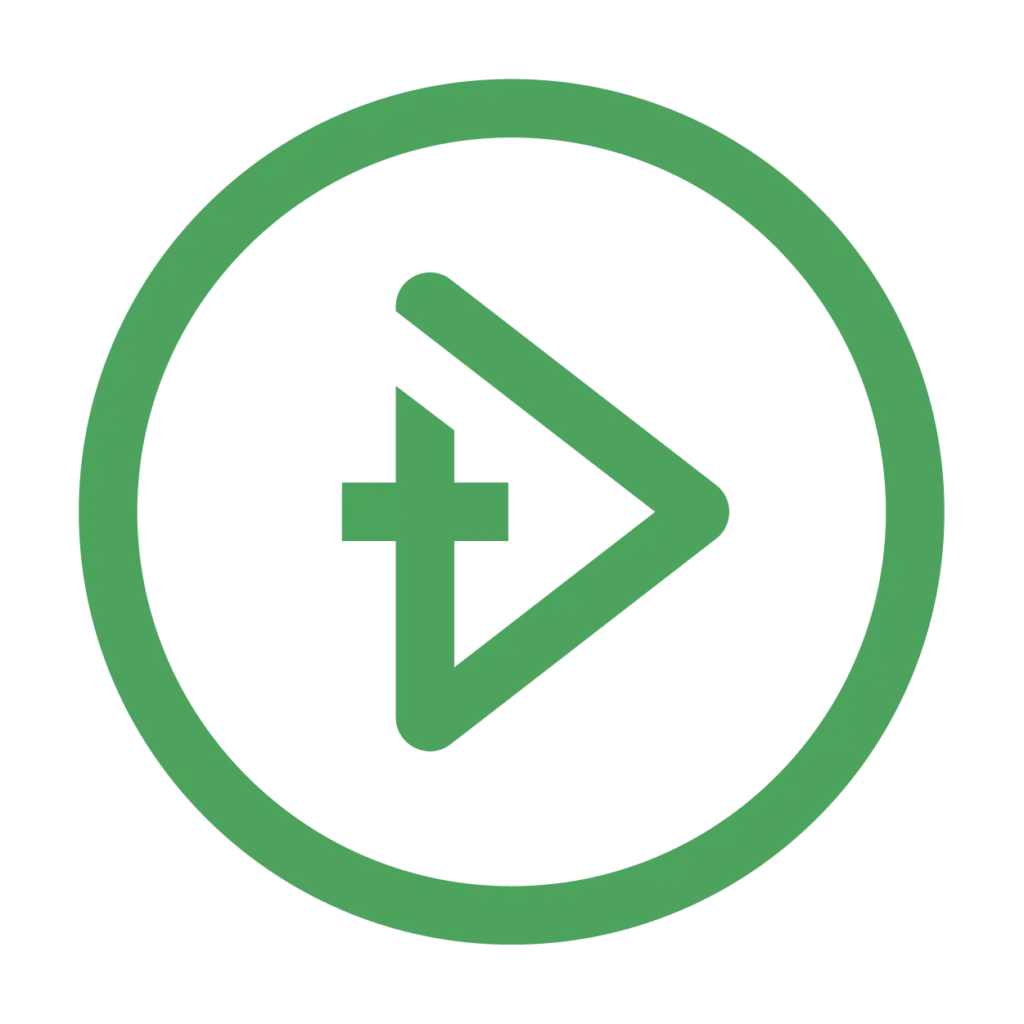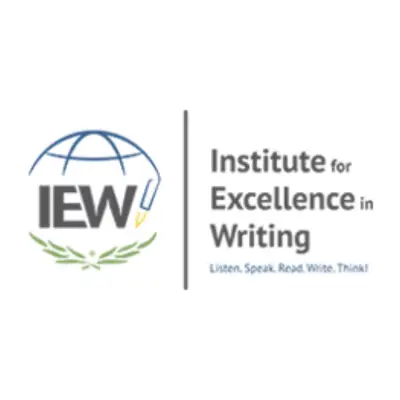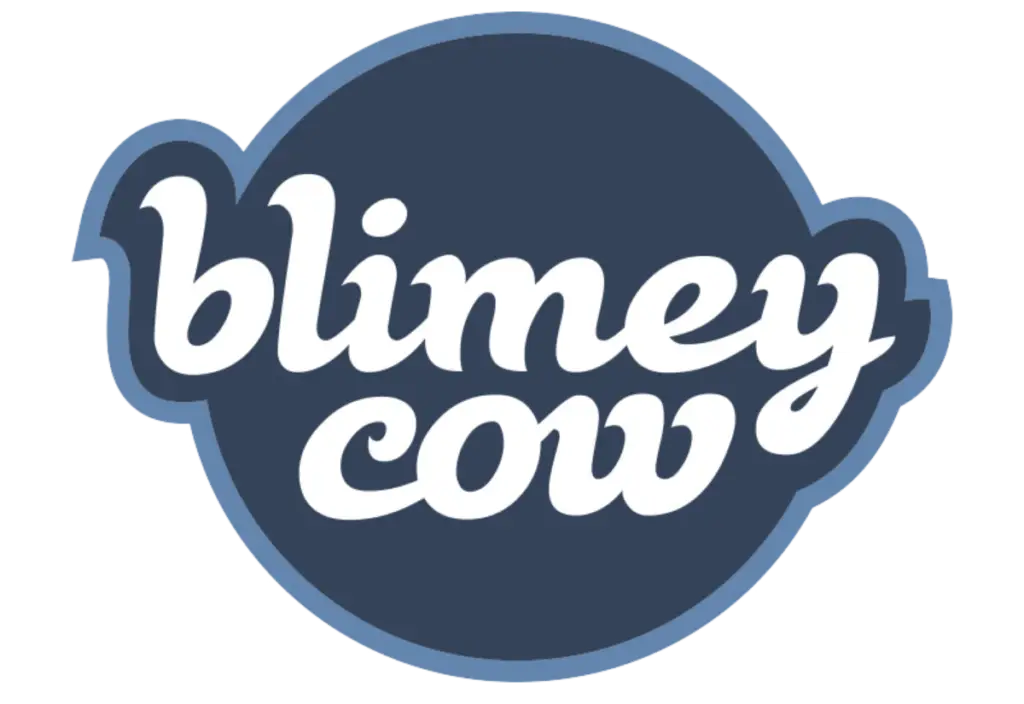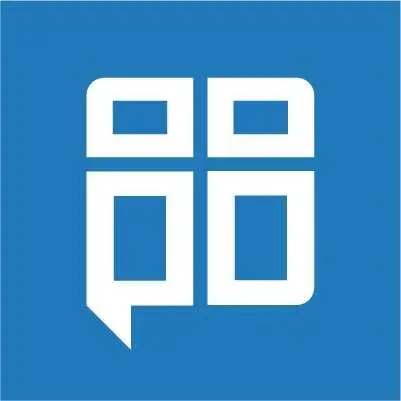A Hybrid Training
Program For Young Adults
Gain Relevant Education and Hands-On Experience While Remaining Embedded in Your Local Community and Gaining Access to a National Network
Christian Leadership Training | Project-Based Learning | Job Guarantee
A Hybrid Training
Program For Young Adults
Gain Relevant Education and Hands-On Experience
While Remaining Embedded in Your Local Community
and Gaining Access to a National Network
We Know Figuring Out Your Next Step After High School
Can Be Overwhelming - But It Doesn’t Have To Be.
Ascend gives young adults the education, training, and community they need to thrive in the real world. You can have that too.
- Struggling to find a program that aligns with their values and worldview
- Navigating pressure to figure out what they want to do while lacking the experience they need to figure that out
- Lacking confidence in the return on investment for alternative programs
And that leads to feeling overwhelmed, stressed about making the right choice, and fearful of the unknown. We don’t want that for you.
Ascend by Unbound gives young adults the education, training, and community they need to thrive in the real world. You can have that too.
How will Unbound’s Ascend program teach you to thrive in the real world? Watch now to meet Isabella and hear her story.
How will Unbound’s Ascend program teach you to thrive in the real world? Watch now to meet Isabella and hear her story.
Ascend Program Overview
Ascend is 1-3 year hybrid program that trains young adults to thrive through powerful Live Student Events, Christian Leadership Training, Life Purpose and Decision-Making Courses, and Project-Based Education.
RELEVANT CONTENT
Live Student Events
Live Student Events are the foundation that the entire Ascend program is built on. APEX is the orientation event held in Lake City, Michigan, Basecamp is a skills-intensive held in Manns Choice, Pennsylvania, Ridgeline is a project-intensive held in Pensacola, Florida, and Capstone is a leadership-intensive held in Estes Park, Colorado. Each event lasts for five days and registration to all four is included in student tuition, along with free travel to the first. These events train students to thrive by connecting them with each other in a team environment, teaching them practical skills and resilience, challenging them to achieve more than they think is possible through hands-on projects, and training them in leadership and relational skills.
FOR THE REAL WORLD
Courses, Content, & Intensives
Content, Courses, & Intensives provide the deep learning part of Ascend that teach the academic and vocational skills that prepare students for life. All students complete the life purpose and decision-making course, Navigate, along with a 3 course series in Biblical leadership called the Signature Leadership Courses. Students also have the option to further customize their Ascend curriculum by adding 9, 15, or 30 college credits per year or selecting a specialty intensive in Digital Marketing & Entrepreneurship, Writing & Publication, Videography & Production, or Art & Design.
RELEVANT CONTENT
Live Student Events
Live Student Events are the foundation that the entire Ascend program is built on. APEX is the orientation event held in Lake City, Michigan, Basecamp is a skills-intensive held in Manns Choice, Pennsylvania, Ridgeline is a project-intensive held in Pensacola, Florida, and Capstone is a leadership-intensive held in Estes Park, Colorado. Each event lasts for five days and registration to all four is included in student tuition, along with free travel to the first. These events train students to thrive by connecting them with each other in a team environment, teaching them practical skills and resilience, challenging them to achieve more than they think is possible through hands-on projects, and training them in leadership and relational skills.
EDUCATION & TRAINING
FOR THE REAL WORLD
Content, Courses, & Intensives
Content, Courses, & Intensives provide the deep learning part of Ascend that teach the academic and vocational skills that prepare students for life. All students complete the life purpose and decision-making course, Navigate, along with a 3 course series in Biblical leadership called the Signature Leadership Courses. Students also have the option to further customize their Ascend curriculum by adding 9, 15, or 30 college credits per year or selecting a specialty intensive in Digital Marketing & Entrepreneurship, Writing & Publication, Videography & Production, or Art & Design.
IN FIELDS OF INTEREST
Hands-On, Student Interest-Led Projects
Ascend Projects are the core of the Ascend program and connect the content, courses, intensives, and live events with hands-on experience in fields that students are interested in. Each year, students choose an individual or team project where they apply everything they are learning to take an idea from concept to reality. Ultimately, Ascend Projects are an opportunity for students to explore and test their interests in different skill-sets, ministry opportunities, jobs, and career paths. These projects span the length of the entire academic year and must be completed through a minimum of 40 hours.
IN FIELDS OF INTEREST
Hands-On, Student Interest-Led Projects
Ascend Projects are the core of the Ascend program and connect the content, courses, intensives, and live events with hands-on experience in fields that students are interested in. Each year, students choose an individual or team project where they apply everything they are learning to take an idea from concept to reality. Ultimately, Ascend Projects are an opportunity for students to explore and test their interests in different skill-sets, ministry opportunities, jobs, and career paths. These projects span the length of the entire academic year and must be completed through a minimum of 40 hours.
COMMUNITY FOR LIFE
Christian Peer
Community
The Ascend Community is the heart of the Ascend experience and makes the Content, Events, and Projects come to life. All students are part of an 8-10 student Ascend Team that meets twice a month: once with the greater Ascend class for a Subject-Matter Expert webinar and once as a team for coaching, accountability, and project reporting with their Ascend Team Leader. Students consistently rate the personal community and professional network they gain through Ascend as their favorite part of the program.
COMMUNITY FOR LIFE
Christian Peer Community
The Ascend Community is the heart of the Ascend experience and makes the Content, Events, and Projects come to life. All students are part of an 8-10 student Ascend Team that meets twice a month: once with the greater Ascend class for a Subject-Matter Expert webinar and once as a team for coaching, accountability, and project reporting with their Ascend Team Leader. Students consistently rate the personal community and professional network they gain through Ascend as their favorite part of the program.
Meet the Ascend Guides
Course instructors, event speakers, webinar hosts, and more!
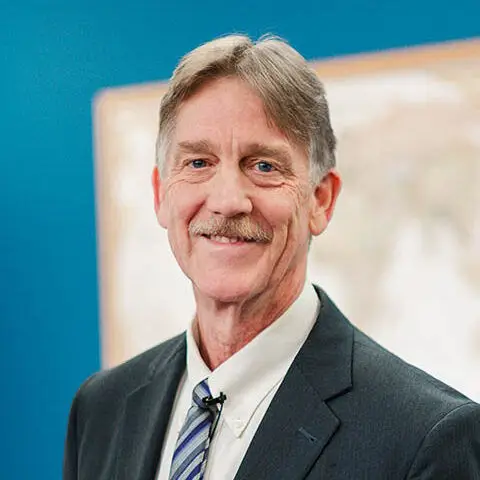
Andrew Pudewa
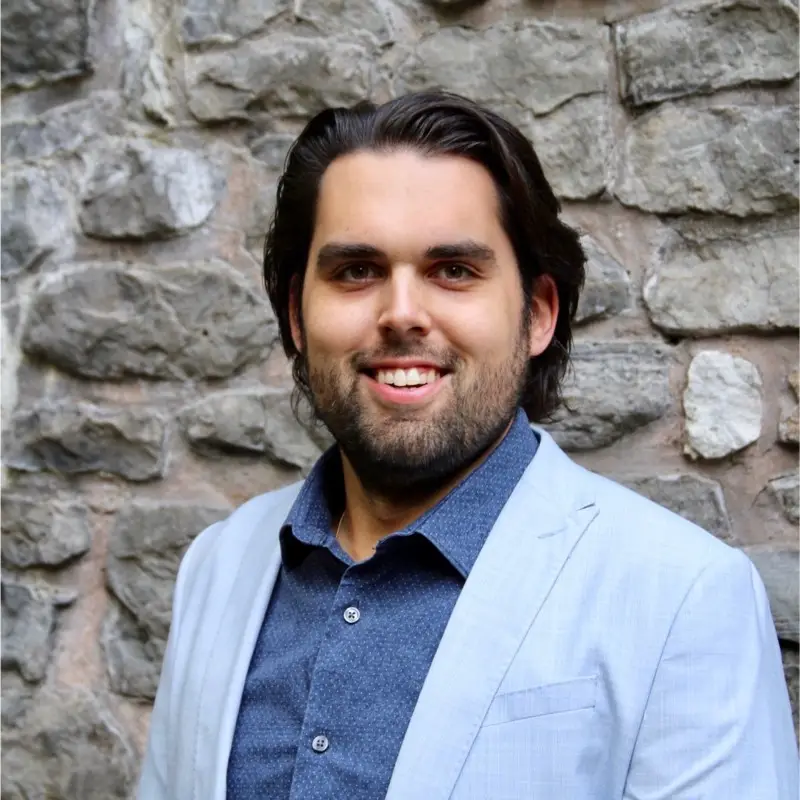
John Skomski
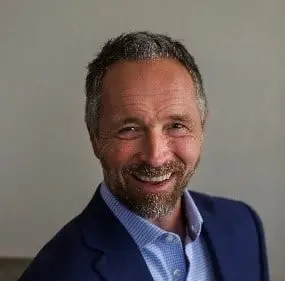
Dr. Jeff Myers
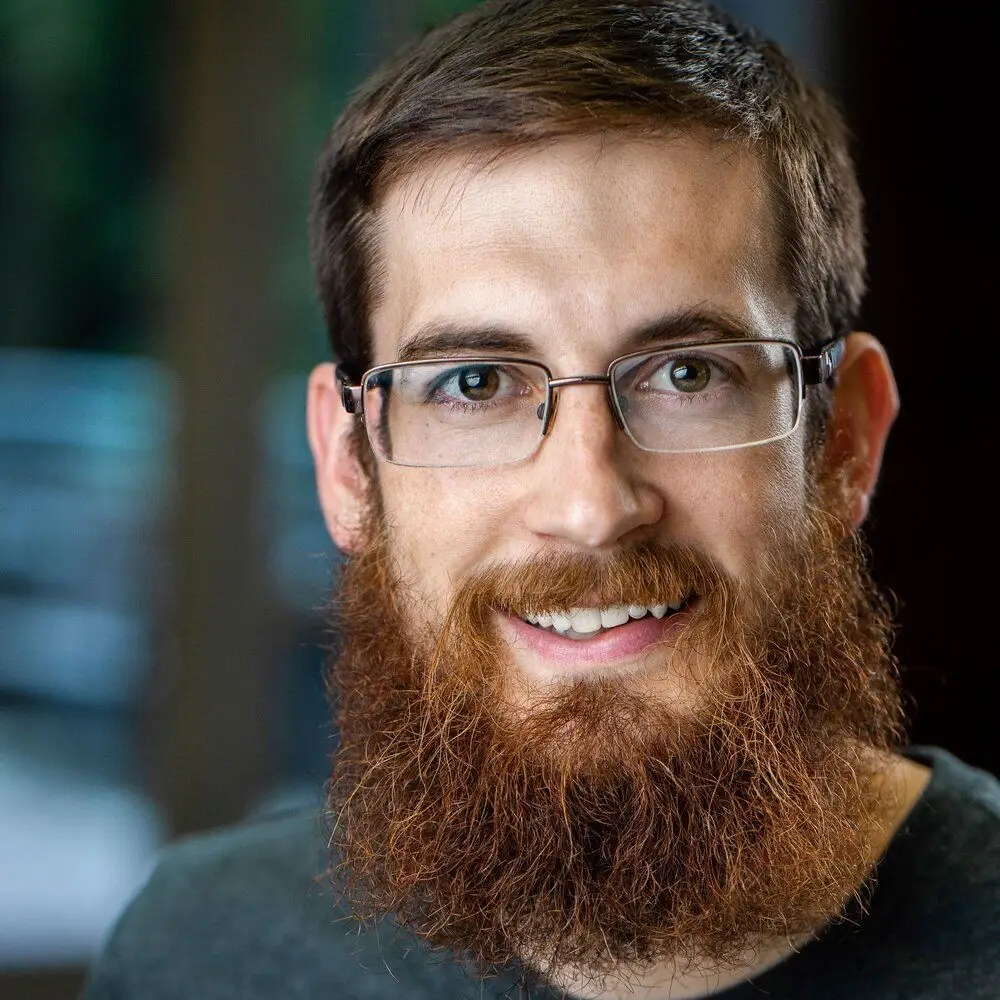
Nathan Rittenhouse

Sarah Shaw
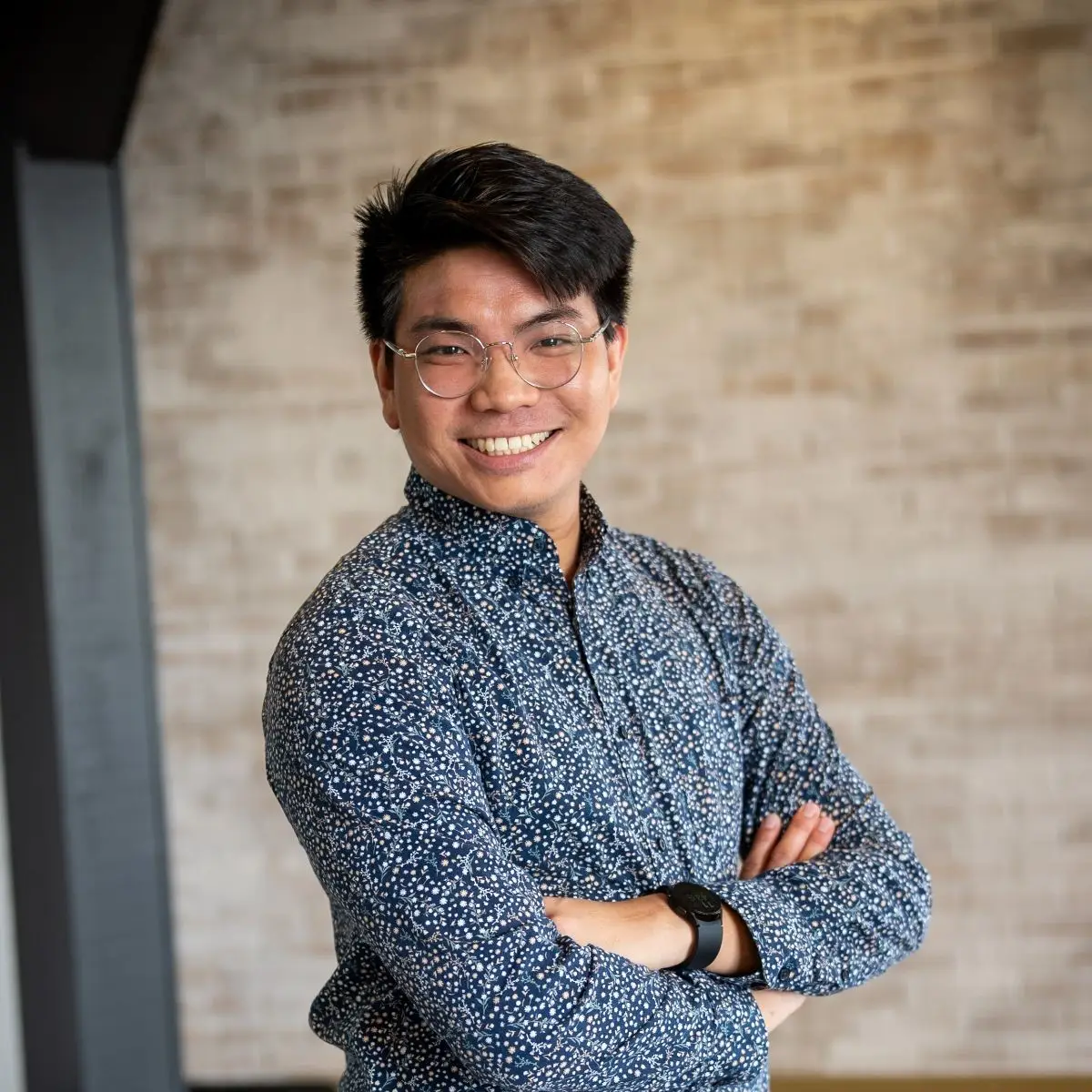
Abe Chen
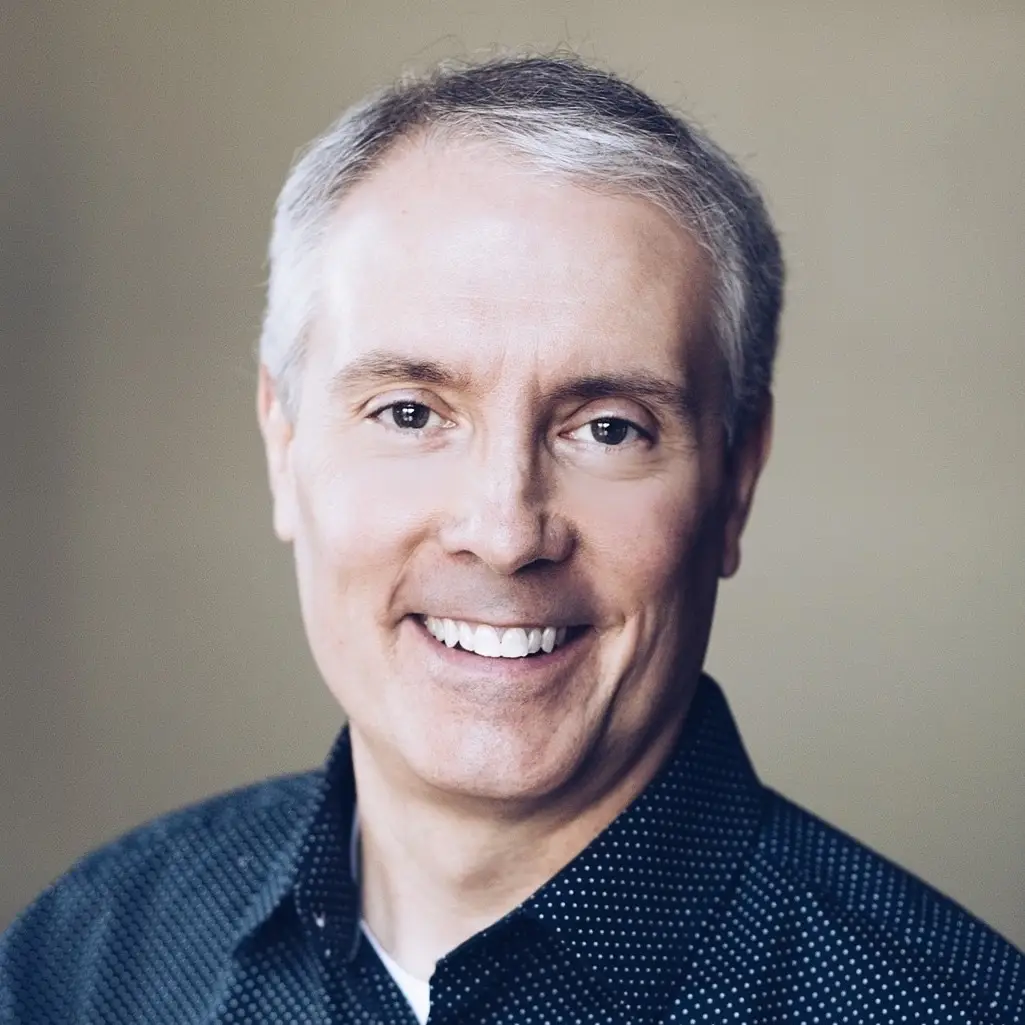
Joe Denner

Hannah Overton
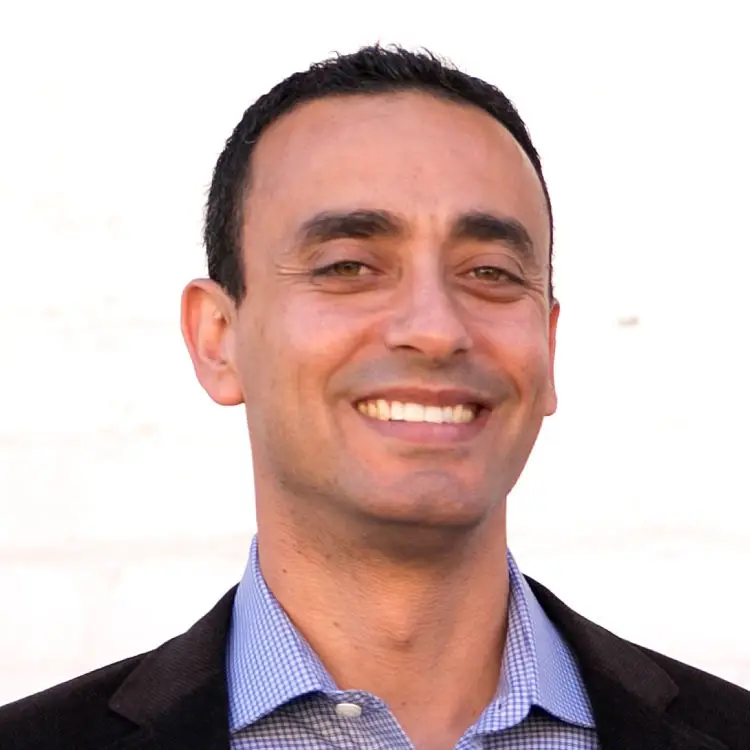
Emeal Zwayne
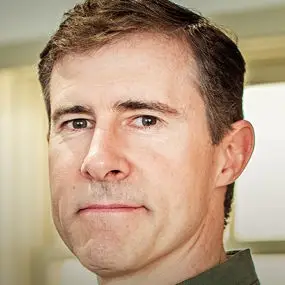
Scott O'Grady
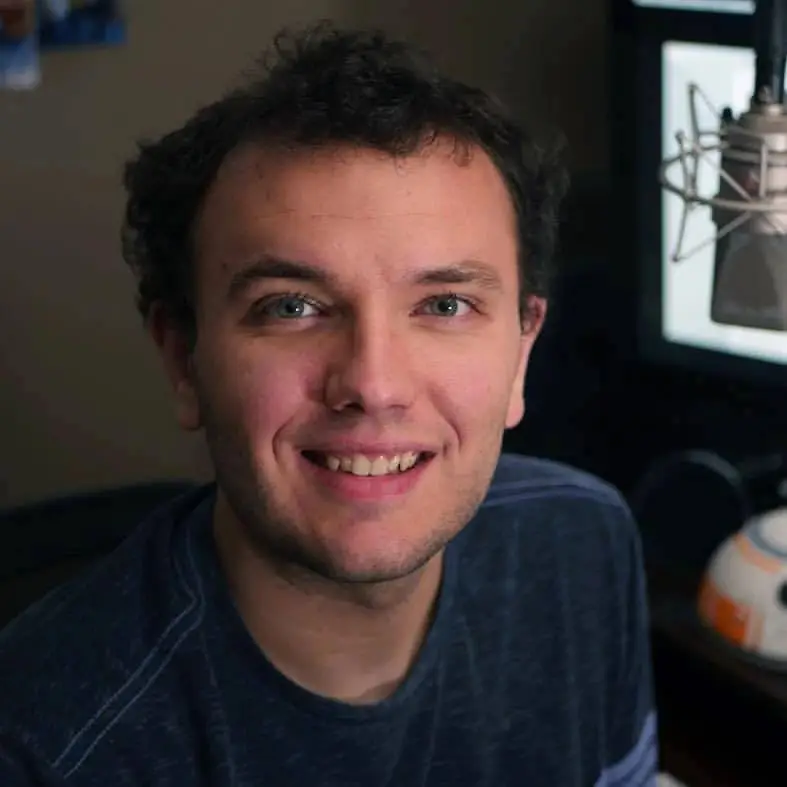
Josh Taylor
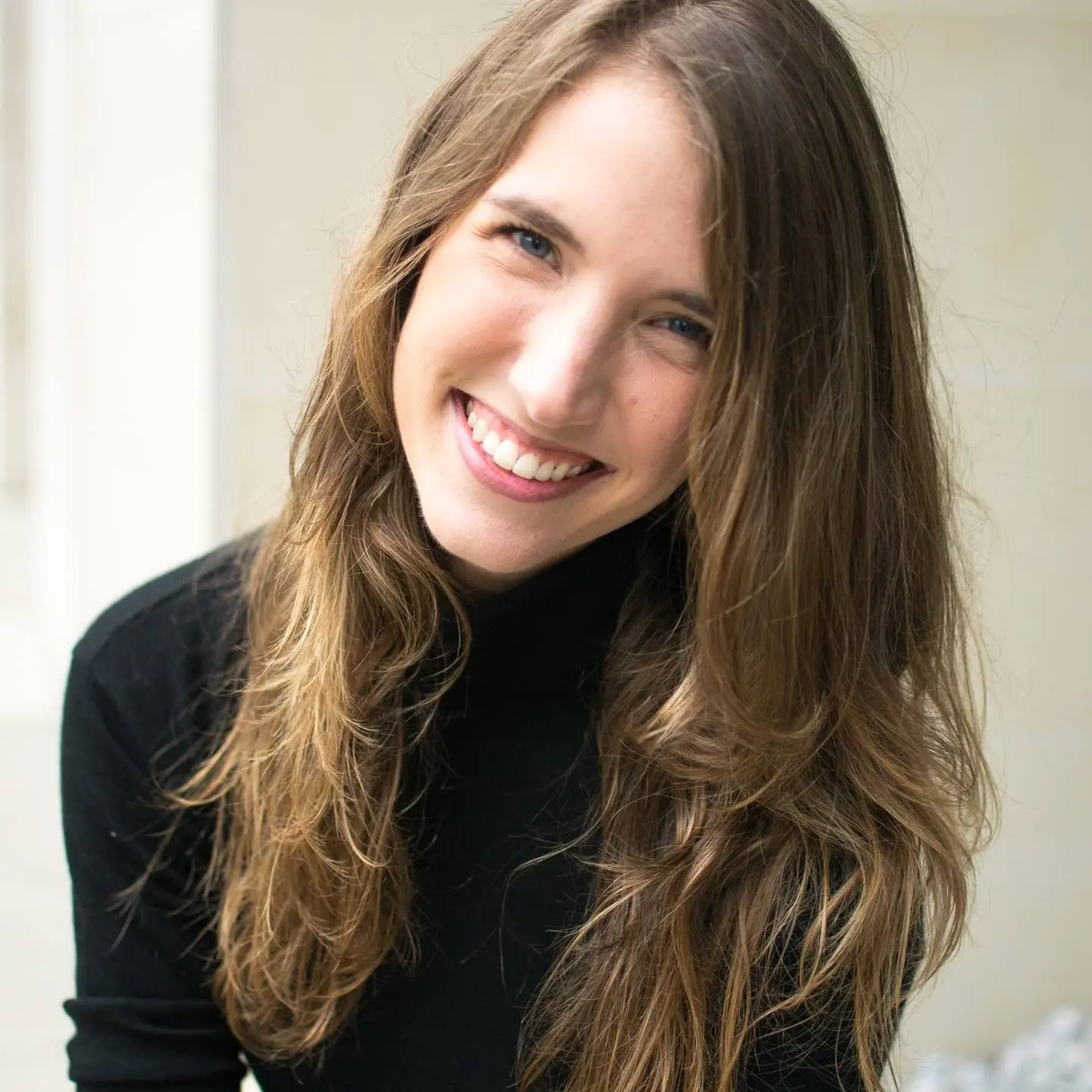
Atalie Bale
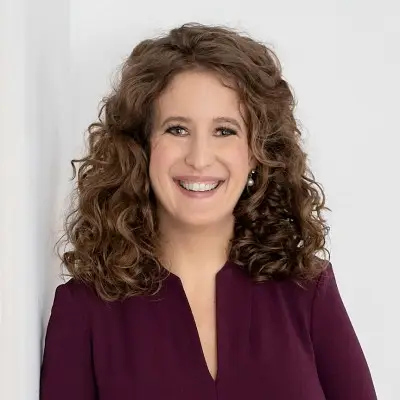
Carissa Gay
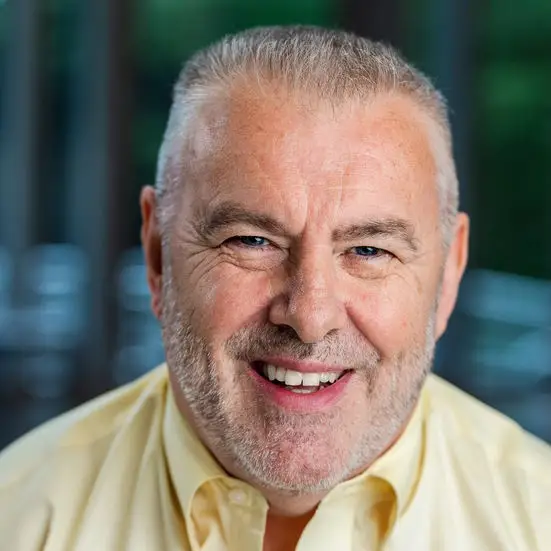
Stuart McAllister
Meet the Ascend Guides
Course instructors, event speakers, webinar hosts, and more!

Andrew Pudewa

John Skomski

Dr. Jeff Myers

Nathan Rittenhouse

Sarah Shaw

Abe Chen

Joe Denner

Hannah Overton

Emeal Zwayne

Scott O'Grady

Josh Taylor

Atalie Bale

Carissa Gay

Stuart McAllister
Enrollment & Pricing Breakdown
Ascend Gap Year Program
This track offers a lighter version of the
full Ascend Certificate Program
$10,500 paid in full or:
-
3 live Ascend Events
The Ascend Gap Year Track includes 3 of the 4 Ascend program events. -
Hands-On, Student Interest-Led Ascend Project
Ascend Gap Year students must meet the same Ascend Project requirements listed in the Ascend Certificate Track. -
Monthly Coaching & Accountability with Ascend Teams
Every Ascend student, regardless of their enrollment track, is part of an 8-10 person team led by a 2nd, 3rd year student, or alumni. This team serves as students' community hub for the year inside the greater Ascend class. -
16-Week Navigate Life Purpose & Decision Making Course
During the fall semester, Ascend students take Navigate and gain the tools they need to determine their life purpose, make wise decisions for their future, and get unstuck. The models taught in this course are models students will be able to apply for the rest of their lives. -
8-Week Christian Leadership Course
Ascend Gap Year Track students take the first course in the Signature Leadership Course Series that is included in the Ascend Certificate Track.
Ascend Certificate Program
The Ascend Certificate Track is the core program that every Ascend student participates in.
Available customizations are listed in the next section.
$17,000 paid in full or:
-
4 live Ascend Events
Ascend Student Events are 5 days long and are held every 12 weeks throughout the academic year. Registration for all 4 events is included in student tuition, plus free travel to the first. -
Hands-On, Student Interest-Led Ascend Project
Ascend Projects are an opportunity for students to explore and test their interests in different skill-sets, ministry opportunities, jobs, and career paths. These projects span the length of the entire academic year. -
Monthly Coaching & Accountability with Ascend Teams
Every Ascend student is part of an 8-10 person team led by a 2nd, 3rd year student, or alumni. This team serves as students’ community hub for the year inside the greater Ascend class. -
16-Week Navigate Life Purpose and Decision Making Course
During the fall semester, Ascend students take Navigate and gain the tools they need to determine their life purpose, make wise decisions for their future, and get unstuck. The models taught in this course are models students will be able to apply for the rest of their lives. -
3-Course Signature Leadership Course Series
The Signature Leadership Courses are a transformational series of courses in Biblical leadership. These courses seek to prepare students for culture-shaping leadership through at least three hundred hours of study and application in the field of leadership focused on conflict resolution, effective communication, coaching techniques, mentorship, negotiation, and persuasion. -
Signature Leadership Certificate
Awarded to students who successfully complete the Signature Leadership Courses, this certificate supports a new generation of Christian leaders prepared and equipped to lead in their spheres of influence. -
Ascend Foundations Certificate
Awarded to students who successfully complete each aspect of the Ascend program, this certificate serves to validate and explain the education and training a student has completed during their first year in Ascend.
Customize Your Ascend Experience
Specialty Track
This track offers the option to add an intensive to your Ascend Certificate or Ascend Gap Year Track curriculum for an additional:
-
Digital Marketing & Entrepreneurship
This intensive exists to provide students with experience working for and learning from industry experts, an understanding of how to complete market research, leverage branding, messaging, and positioning, and developed skill in copywriting, social media, SEO, paid advertising, email marketing, and split testing. -
Writing & Publication
This intensive exists to provide sound, current teaching, training, and resources in all aspects of writing as a profession. Students emerge from this training knowing industry language, professional expectations, and the actionable steps required to establish a writing career. -
Videography & Production
This intensive exists to provide students with substantially improved videography skills through practical, hands-on instruction about storytelling, production, and editing as well has significant experience gained through an internship and a robust set of hands-on videography projects, including professional videos for YouTube and Social Media, event recap videos, and/or documentaries. -
Art & Design
This intensive exists to provide students with the sound, current teaching, training, and resources they need to make money with their art medium, whatever that may be. Students emerge from this training with a strong theology of art, having learned to develop emotional resilience, avoid burnout, and create sustainable habits while developing an achievable plan to improve their craft and consistently level up their skill.
Degree Track
This track offers the option to add 9, 15, or 30 college credits, plus academic coaching and degree planning, to your Ascend Certificate Track curriculum for an additional:
-
9 Credits - $1,000
Choose to take the Signature Leadership Courses for credit and earn a total of 9 credits. -
15 Credits - $2,000
In addition to the Signature Leadership Courses, take two general education courses and earn a total of 15 credits. -
30 Credits - $4,000
In addition to the Signature Leadership Courses, take seven general education courses and earn a total of 30 credits.
The Ascend Year in Review
The 2024/2025 class just finished. Will you be part of the 2025/2026 class that begins in August?
The 2024/2025 class just finished. Will you be part of the 2025/2026 class that begins in August?
Year-By-Year
Each year in Ascend builds on the last with outcomes that, after successful completion of all three years, ultimately result in students having access to the Ascend job guarantee.
YEAR ONE
Ascend: Foundations
Ascend: Foundations students graduate with an understanding of their core foundation and purpose as Christian young adults. They know and have practiced how to make wise decisions and ask good questions. Foundations graduates understand and have experience with the basics of how to manage their time and tasks, they grasp the importance of resilience and hope, and understand and have practiced how to take an idea from concept to reality. They understand the principles of Imago Dei and Coram Deo, the concepts of ownership and responsibility, and the definition of leadership as influence and true leadership as service.
YEAR TWO
Ascend: Challenge
Ascend: Challenge students graduate with an understanding of how to live as a “faithful witness,” have thought deeply about cultural engagement, and understand and have practiced the foundations of tactical communications — negotiation, questioning, listening, de-escalating conflict, persuasion, and ultimately communicating in a way that honors Christ and honors your neighbor as someone made in His image. Challenge graduates understand and have practiced the basics of healthy financial planning as a young adult, can point to demonstrable patterns of resilience, and understand the importance of hope in the Christian life. They understand and have practiced how to create value for someone else and bring another person’s idea from concept to reality.
YEAR THREE
Ascend: Launch
Ascend: Launch students graduate with the ability to reflect, ask good questions, and actively pursue wisdom. They understand how to leverage peer coaching and accountability. They know how to successfully create value, how to connect that value to the needs of others and communicate effectively with employers, and how to find, create, and leverage career opportunities. Launch graduates understand how to create and communicate vision to others and coordinate efforts to bring an idea from concept to reality in the context of a team. They are actively exercising ownership of their life, work, and education and are living out patterns of endurance, resilience, and hope.
Year-By-Year in Ascend
Each year in Ascend builds on the last with outcomes that, after successful completion of all three years, ultimately result in students having access to the Ascend job guarantee.
YEAR ONE
Ascend: Foundations
Ascend: Foundations students graduate with an understanding of their core foundation and purpose as Christian young adults. They know and have practiced how to make wise decisions and ask good questions. Foundations graduates understand and have experience with the basics of how to manage their time and tasks, they grasp the importance of resilience and hope, and they know how to take an idea from concept to reality. They understand the principles of Imago Dei and Coram Deo, the concepts of ownership and responsibility, and the definition of leadership as influence and true leadership as service.
YEAR TWO
Ascend: Challenge
YEAR THREE
Ascend: Launch
Ascend: Launch students graduate with the honed ability to reflect, ask good questions, and actively pursue wisdom as they move into the next season of life. They know how to successfully create value, how to connect that value to the needs of others and communicate effectively with employers, and how to find, create, and leverage career opportunities. Launch graduates understand how to leverage peer coaching and accountability, how to create and communicate vision to others, and how to coordinate efforts toward a final goal in the context of a team. They are actively exercising ownership of their life, work, and education and are living out patterns of endurance, resilience, and hope.
Request More Information About Ascend
Sign up for an email series that explains how Ascend works and how your student can get started.
How to Get Started
STEP 1
Book an
Admissions Call
The admissions process for Ascend starts with a consultation call. The purpose of this first call is pretty basic and intended to find out what you and your student are currently doing or planning to do for post-high school training compared to what you think an ideal situation would look like so we can see what the gap is and if we can help. And afterwards, if you feel this might be what you’re looking for, your counselor will book an enrollment call as your next step.
STEP 2
Enroll
in Ascend
After your initial call with your counselor, you will reconnect to complete enrollment. On your enrollment call, you will complete two steps with your counselor: payment for a $1,000 deposit and, if applicable, scheduling an academic coaching call. After enrollment, you will receive a form in your inbox to complete your student’s profile. Your student’s academic coach will provide all the details they needs for their upcoming academic and life courses.
STEP 3
Team Assignment
& Access to Slack
At the beginning of the Ascend year in August, your student will receive their Ascend Team assignment and get access to our private chat platform, Slack. Slack is where your student will connect with the rest of the class, their Ascend Team Leader (ATL), and Unbound staff. Ascend Teams are comprised of 8-10 other Ascend students and led by an ATL. All ATLs are 2nd or 3rd year Ascend students or Ascend alumni who have not only completed 1-3 years in the program but are also completing additional training in coaching and mentorship.
STEP 4
Attend
APEX
All students, new and returning, start their Ascend year at APEX where they meet their Ascend Team and Ascend Team Leader (ATL). APEX takes place in August in Michigan and serves as a program orientation for new students, a recognition event for returning students, and a reunion for Unbound alumni.
While every APEX is unique, you can expect to find world-class speakers, alumni speakers, extensive team challenges, recreational activities, deep discussions, and friends, old and new.
To see what APEX looks like you can check out the most recent recap video here.
STEP 5
Team Meetings
& SME Webinars
As soon as students return home from APEX, they’ll begin to get ready for Basecamp, the next event on the Ascend calendar.
Students work together as a team to develop their team name and write a team ethos statement between APEX and Basecamp.
During this time, students will begin to attend live monthly webinars with subject matter experts from varied careers and professional backgrounds. They will also meet once a month with their Ascend team to discuss the webinars, set personal and educational goals for the year, and discuss their courses and projects.
STEP 6
Courses & Project Brainstorming
As the fall kicks off, students begin brainstorming their Ascend Project and start their courses (beginning with Unbound’s life purpose course, Navigate.) Depending on whether your student is enrolled on the certificate, specialty, or degree path, they will also begin their first general education course or the first Signature Leadership Course (a 3-course leadership series that all first year students complete across any track).
STEP 7
Attend
Basecamp
Basecamp takes place in late October and is designed to deepen team relationships, connect students to each other in preparation for the upcoming project challenges of Ridgeline, and teach students to thrive by focusing on the topics of failure and resilience.
Basecamp is held in Pennsylvania and is designed to be more challenging and personal than APEX. Basecamp begins with the teams presenting their names and ethos statements to the rest of Ascend. Each day is a combination of sessions, team challenges, free time, and deep discussion. By the end of Basecamp, team identities and personalities will begin to take shape and connections will deepen into friendships.
STEP 8
Project
Brainstorming
By the end of Basecamp, students will have completed training in time and task management and will understand core truths about how to build healthy relationships. Perhaps most importantly for their immediate future, they will understand how to deal with failure, how to develop and practice resilience, and how to live on the other side of fear.
They will need all of those skills because the end of Basecamp triggers the acceleration of Ascend Projects.
In the fall semester, students learn to brainstorm, develop, and plan their Ascend project. Leading up to Ridgeline at the beginning of the spring semester, students will submit their initial project proposal to their ATL and, once they receive final approval, be ready to start executing in January.
STEP 9
Attend
Ridgeline
In January, the spring semester kicks off at Ridgeline. Ridgeline is held in Florida and is nothing like the other events. Ridgeline isn’t about learning by hearing; Ridgeline is about learning by doing.
Team challenges reach their peak intensity during Ridgeline and are designed to teach the skills needed to turn ideas into reality as students launch the execution phase of their Ascend projects.
On the first day of Ridgeline, students are given a challenge that will require brainstorming an idea, planning it, and then executing it. Ascend staff and invited experts will be embedded with students at the event, where they will teach, coach, challenge, and assist the students as they deal with tight deadlines, limited resources, and high expectations.
STEP 10
Project
Execution
After coming through the challenges and intensity of Ridgeline, students move into the execution phase for their individual Ascend projects.
Academic intensity increases during these next 12 weeks as students complete the next two Signature Leadership courses leading into Capstone.
By this point in the year, teams feel like families, students feel like they have known each other all their lives, and everyone’s expectations of what is possible have radically shifted. Team conversations are loaded with inside jokes, most of the memes shared on student platforms only make sense to other Ascend students, and relationships have grown and deepened through shared experiences and time spent together.
A week after Ridgeline, almost every Ascend student will be able to tell you exactly how many days are left until Capstone.
STEP 11
Attend
Capstone
Capstone takes place in early May in the Colorado Rockies. This event is primarily academic and reflective. Students will need their notebooks as Capstone content alternates between Dr. Jeff Myers’ live lectures and Ascend sessions on reflection, hope, and how to lock in this past year’s training.
Learning is intense, but there is still time for hikes in the mountains, long conversations in the lodge, and an opportunity to work together one last time through the team challenges.
Mostly, though, Capstone is about individual stories in the context of God’s greater story. Students learn how to see the narrative arc of life and have the chance to share their own story, hear new stories, and reflect on shared experiences. Capstone typically brings back alumni from years past who volunteer to help and mentor current students and pass on stories that have built the culture of Ascend.
STEP 12
Complete
Projects, Courses, & Certificates
From Capstone until the end of the school year in early June, everything is brought to a conclusion. Students complete their projects with a peer review, final reports, and presentations for staff, family, and friends at the online Ascend Project Showcase. Ascend Teams hold their final meetings, the academic year concludes, and summer begins.
For all students who complete each aspect of the program, they will earn two high-level certificates in leadership and professional development. These certificates will set your student apart from their traditionally educated peers and ahead in the job market.
Ascend students who successfully complete all three years will earn a total of five high-level certificates, granting them access to Unbound’s job guarantee.
Hear from Parents & Students
Enroll Today
$1,000 deposit required at enrollment.
Need financial assistance? Apply below!
Gap Year
Track
$10,000 paid in full or:
- Registration to 3 live Ascend Events, plus free travel to the first
- Monthly Ascend Team meetings for goal-setting, coaching, and accountability
- 16-week Navigate life purpose course
- 16-week Christian leadership course
- Hands-on Ascend Project in field of interest
Certificate
Track
Add on 9 or 15 credits for
$1,000 or $2,000
$16,500 paid in full or:
- Registration to 4 live Ascend Events, plus free travel to the first
- Monthly Ascend Team meetings for goal-setting, coaching, and accountability
- Academic coaching
- 16-week Navigate life purpose course
- 3-course Christian leadership training series
- Hands-on Ascend Project in field of interest
- Ascend certificate
- If applicable: complete 4-year degree plan through your university of choice*
- *Dependent on individual university transfer credit requirements
Specialty
Track
Add on 9 or 15 credits for
$1,000 or $2,000
$19,000 paid in full or:
- Everything included in the Certificate Track PLUS your choice of Specialty Track:
-
Digital Marketing & Entrepreneurship Track
-
Writing & Publication Track
-
Videography & ProductionTrack
- Art & Design Track
Degree
Track
30 credits
$20,500 paid in full or:
- Everything included in the Certificate Track PLUS:
- Academic coaching
- Complete 4-year degree plan through your university of choice*
- 30 college credits earned through online general education and elective courses
-
*Dependent on individual university transfer credit requirements
Most people are dissatisfied with the environment of traditional higher education.
Ascend provides a complete alternative focused on practical skills, hands-on projects, and intentional community so young adults can thrive in the real world.
Allow us to give you permission to ask a radical question: What if you didn’t go to college? What if attending college wasn’t the default post high school option?
What if you made your decision about what to do after high school by asking the question: What does a young adult need to learn in order to thrive in the real world?
At Unbound, we think there are five foundational things young adults need to learn in order to thrive:
- To take full responsibility for your life
- To serve others by being extraordinary at ordinary
- To prioritize relationships
- To create value
- And to live resiliently, in light of eternity, and for the glory of God
Every aspect of Ascend is designed to teach these skills. And it all happens in the context of community – both your local community and the Ascend community.
Most people are dissatisfied with the environment of traditional higher education.
Ascend provides a complete alternative focused on practical skills, hands-on projects, and intentional community so young adults can thrive in the real world.
Allow us to give you permission to ask a radical question: What if you didn’t go to college? What if attending college wasn’t the default post high school option?
What if you made your decision about what to do after high school by asking the question: What does a young adult need to learn in order to thrive in the real world?
At Unbound, we think there are five foundational things young adults need to learn in order to thrive:
- To take full responsibility for your life
- To serve others by being extraordinary at ordinary
- To prioritize relationships
- To create value
- And to live resiliently, in light of eternity, and for the glory of God
Every aspect of Ascend is designed to teach these skills. And it all happens in the context of community – both your local community and the Ascend community.
Ready to Get Started?
Schedule a call with admissions to get your questions answered and find out if Ascend is the right fit for your student.
FAQ
APEX is held in Lake City, MI, August 13-17.
Basecamp is held in Manns Choice, PA, October 20-24.
Ridgeline will be held in Panama City, FL, January 23-27.
Capstone is held in Estes Park, CO, May 1-5.
All dates and locations are subject to slight changes.
Ascend Teams are led by Ascend Team Leaders (ATLs). ATLs are Ascend alumni or older students who have applied for, been accepted, and are specifically trained to lead a team. ATLs complete ongoing training throughout the program as well that enables them to continue building and improving their leadership skills.
Ascend teams meet monthly via Zoom to discuss the monthly webinar, support each other through their courses and projects, and receive coaching and mentorship from their ATLs specific to where they are in life and what kinds of decisions they are facing.
Each Ascend Team includes 8-10 students and one Ascend Team Leader.
Webinars are held at a set time each month. Typically, they are scheduled for 7:30pm EST on the second Tuesday evening of the month. Webinars are also recorded and made available to students following the live presentation. However, students are required to attend at least 8 webinars live.
Past Ascend students have:
- Planned and hosted a fundraiser masquerade ball for a local anti-human trafficking organization, raising $52k. Click here to watch the story.
- Wrote, filmed, and produced a short-film to raise awareness for depression. Click here to watch the film.
- Built a skin-on canoe for a four-day river trip.
- Trained for and ran a Tough Mudder obstacle course. Click here to watch the story.
- Organized and ran Bible study intensives for their local communities.
- Built and launched a local pet and house-sitting business.
- Choreographed, performed, and recorded a dance piece depicting the story of Revelation 11:3–13.
- Hosting an outdoor survival camp for 5–6 young men, teaching the four essentials of wilderness survival.
- Studied for and obtained their Real Estate license.
And many more!
It depends on the project. We have students complete individual and team projects every year and both are options.
This depends entirely on the student. Each year we have a mix students who are finishing high school or already graduated. The best way to determine if your student can manage Ascend alongside high school is to talk to an admissions counselor about the time commitment. Click here to book a call!
While ultimately it comes down to each individual student and their schedule, the vast majority of Ascend students work part or full time while completing the program.
Yes! For students taking a gap year we offer an Ascend Gap Year Track at enrollment. Book a call with our team to learn more about this option.
FAQ
APEX is held in Lake City, MI, August 13-17.
Basecamp is held in Manns Choice, PA, October 20-24.
Ridgeline will be held in Panama City, FL, January 23-27.
Capstone is held in Estes Park, CO, May 1-5.
All dates and locations are subject to slight changes.
Ascend Teams are led by Ascend Team Leaders (ATLs). ATLs are Ascend alumni or older students who have applied for, been accepted, and are specifically trained to lead a team. ATLs complete ongoing training throughout the program as well that enables them to continue building and improving their leadership skills.
Ascend teams meet monthly via Zoom to discuss the monthly webinar, support each other through their courses and projects, and receive coaching and mentorship from their ATLs specific to where they are in life and what kinds of decisions they are facing.
Each Ascend Team includes 8-10 students and one Ascend Team Leader.
Webinars are held at a set time each month. Typically, they are scheduled for 7:30pm EST on the second Tuesday evening of the month. Webinars are also recorded and made available to students following the live presentation. However, students are required to attend at least 8 webinars live.
Past Ascend students have:
- Planned and hosted a fundraiser masquerade ball for a local anti-human trafficking organization, raising $52k. Click here to watch the story.
- Wrote, filmed, and produced a short-film to raise awareness for depression. Click here to watch the film.
- Built a skin-on canoe for a four-day river trip.
- Trained for and ran a Tough Mudder obstacle course. Click here to watch the story.
- Organized and ran Bible study intensives for their local communities.
- Built and launched a local pet and house-sitting business.
- Choreographed, performed, and recorded a dance piece depicting the story of Revelation 11:3–13.
- Hosting an outdoor survival camp for 5–6 young men, teaching the four essentials of wilderness survival.
- Studied for and obtained their Real Estate license.
And many more!
It depends on the project. We have students complete individual and team projects every year and both are options.
This depends entirely on the student. Each year we have a mix students who are finishing high school or already graduated. The best way to determine if your student can manage Ascend alongside high school is to talk to an admissions counselor about the time commitment. Click here to book a call!
While ultimately it comes down to each individual student and their schedule, the vast majority of Ascend students work part or full time while completing the program.
Yes! For students taking a gap year we offer an Ascend Gap Year Track at enrollment. Book a call with our team to learn more about this option.
Get to Know Unbound
The Be Unbound Podcast teaches young adults and their parents how to ask the right questions, take action, and understand key truths that will enable them to live well, by showcasing conversations with guests who display what it looks like to be extraordinary at the ordinary.
Episode Highlights:
- Rethinking the Value of Higher Education – Listen Now
- College Students Have Become Human AI Assistants – Listen Now
- The 1%: Why Some Students Thrive Against the Odds – Listen Now
The Be Unbound YouTube channel shares the stories and projects of Unbound students, and gives you an inside look at the four events that take place throughout each Ascend year.
Read what’s happening in higher education and informed commentary on the topics of life preparation, education, and Christian leadership.

